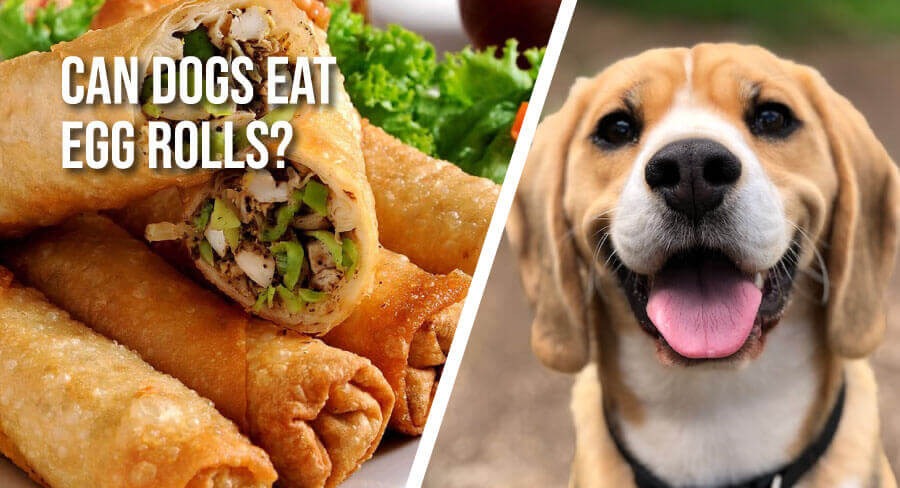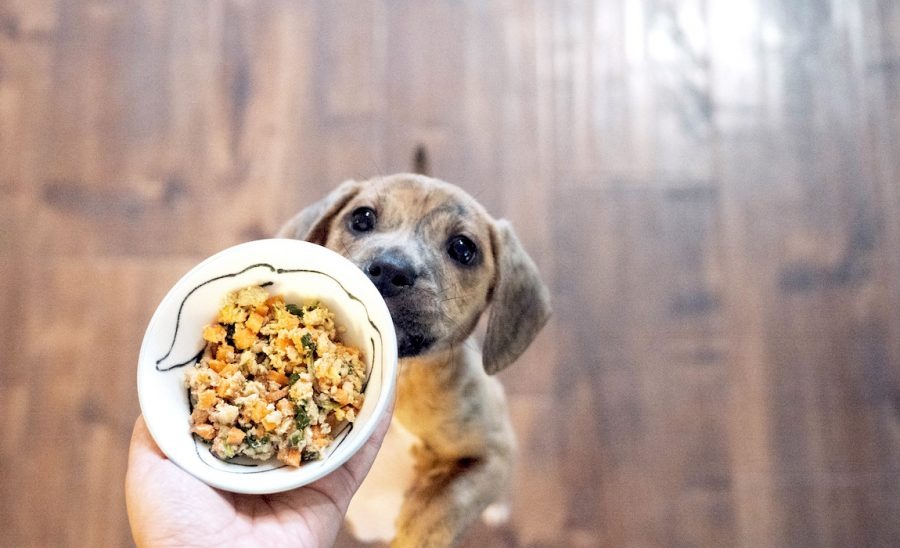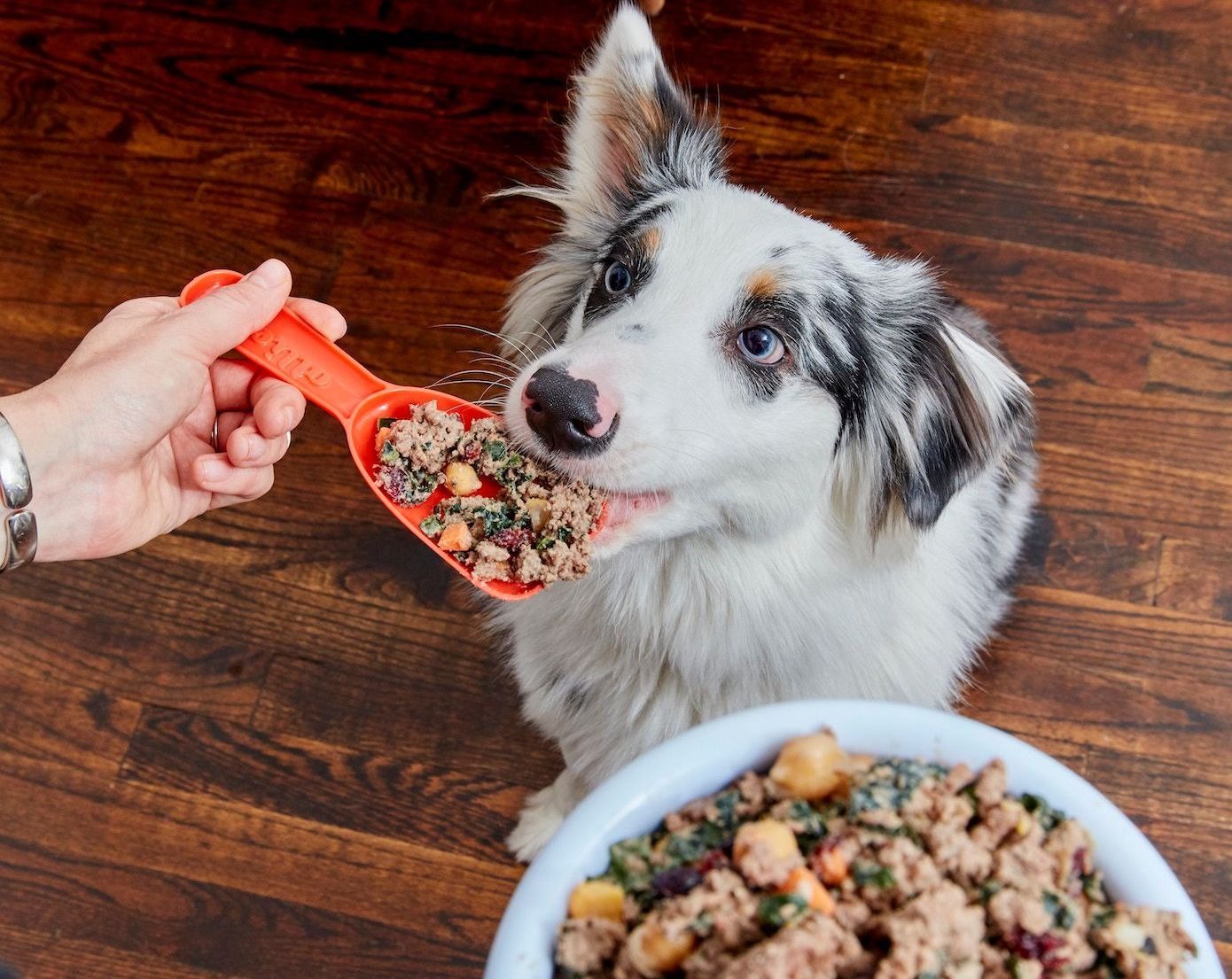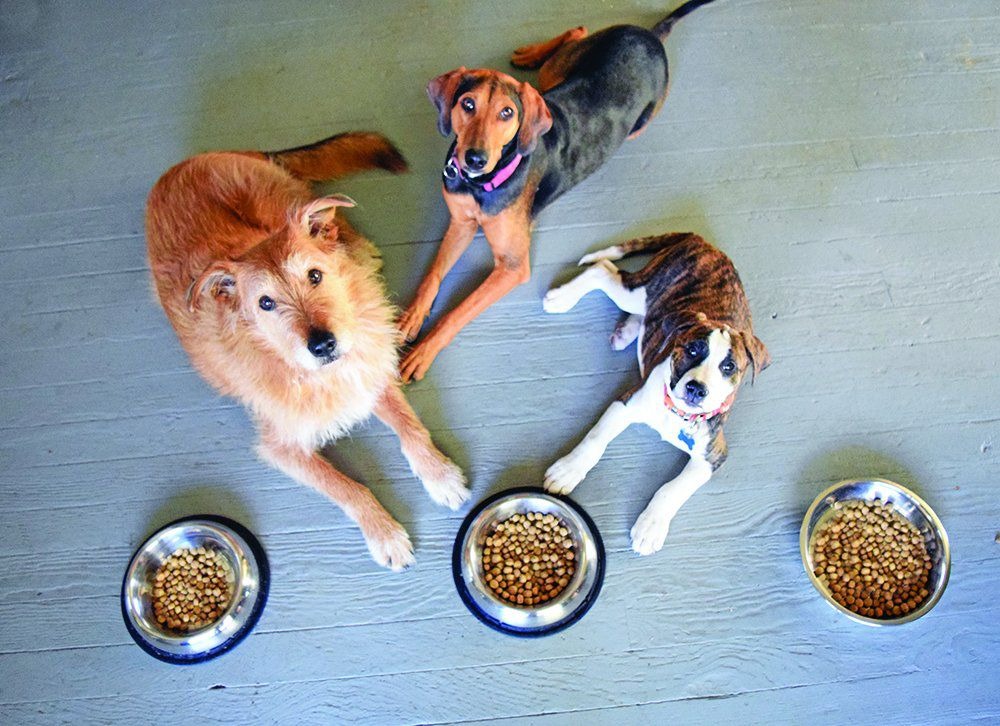Egg rolls are a popular snack among humans, but have you ever wondered if your furry friend can indulge in this treat as well? While dogs can technically eat egg rolls, it’s important to consider the ingredients and potential health risks. Let’s learn about it!

Can dogs eat egg rolls?
Dogs can technically eat egg rolls, but it is not recommended to feed them to your furry friend. Egg rolls contain ingredients such as cabbage, onions, garlic, and soy sauce, which can be harmful to dogs in large quantities. Additionally, the high fat content in egg rolls can cause digestive issues and even pancreatitis in dogs.
Why shouldn’t you feed egg rolls to your dogs? – 5 issues you should know!
High fat content

Egg rolls are typically fried and contain high amounts of fat. Excessive fat intake can lead to obesity, pancreatitis, and other health issues in dogs.
Ingredients that can be harmful
Egg rolls often contain onions, garlic, and cabbage, which can cause digestive problems, anemia, and other health issues in dogs. Soy sauce, which is often used as a dipping sauce for egg rolls, contains high levels of sodium, which can lead to salt poisoning in dogs.
Risk of choking
The crispy texture of egg rolls can pose a choking hazard for dogs, especially for smaller breeds.
Unbalanced diet
Dogs require a balanced diet with a specific ratio of protein, fat, and carbohydrates. Feeding your dog egg rolls can disrupt this balance and lead to nutritional deficiencies.

Human food vs. dog food
While it may be tempting to share human food with your furry friend, it’s important to remember that dogs have different nutritional needs than humans. Feeding your dog a diet based solely on human food can be harmful and may not provide them with all the necessary nutrients they need to thrive.
What happened to my dog if he ate a small egg rolls?
If your dog has eaten a small egg roll, there may not be any immediate health concerns. However, the ingredients in egg rolls, such as cabbage, onions, garlic, and soy sauce, can cause digestive issues in dogs, including vomiting, diarrhea, and upset stomach.

If your dog exhibits any symptoms of discomfort, such as vomiting or diarrhea, or if you notice any changes in their behavior, such as lethargy or loss of appetite, it is best to consult with your veterinarian as soon as possible. Your veterinarian may recommend monitoring your dog’s symptoms or may suggest treatment to alleviate any discomfort or prevent any complications.
Here are some the safe egg-roll alternative for dogs
There are several safe and healthy alternatives to egg rolls that you can offer to your furry friend. Here are a few options:
Lean meats
Dogs love meat, and lean options like cooked chicken, turkey, or beef can be a great treat for them.

Vegetables
Dogs can enjoy many vegetables, such as carrots, green beans, sweet potatoes, and pumpkin. These are low in calories, high in fiber, and packed with vitamins and minerals.
Fruits
Many dogs enjoy fruits such as apples, bananas, blueberries, and strawberries. These can be a sweet and healthy snack in moderation.
Dog treats
There are many dog treats on the market made specifically for dogs with healthy and safe ingredients. Look for treats that are low in fat, high in protein, and made with natural ingredients.
You can like: https://the4legged.com/best-cheap-dog-food/
Remember to always introduce new foods to your dog’s diet gradually and in moderation. If you have any concerns about what foods are safe for your dog to eat, consult with your veterinarian for personalized recommendations.

In conclusion, while dogs can technically eat egg rolls, it is not recommended to feed them to your furry friend. It is always best to stick to dog-friendly foods that are safe and healthy for your furry friend. If you are unsure about what foods are safe for your dog to eat, consult with your veterinarian for personalized recommendations. Remember, keeping your dog’s diet healthy and balanced is important for their overall health and well-being.
